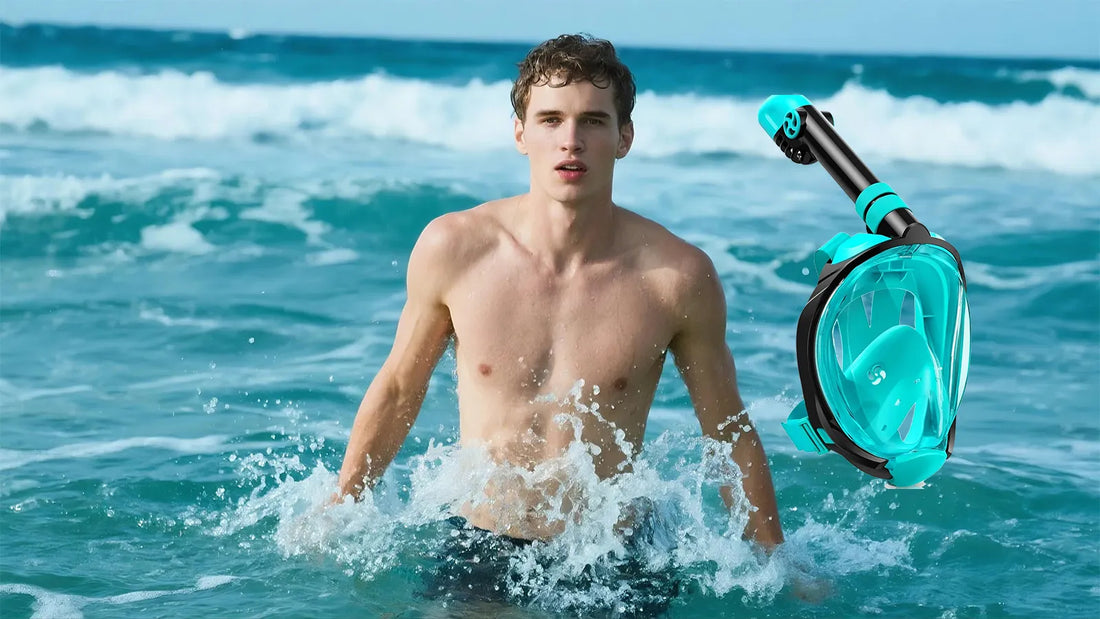Scuba diving is an exhilarating activity that allows you to explore the underwater world, but many aspiring divers wonder: do we need to know swimming for scuba diving? This question is common, especially among those who are fascinated by the ocean but lack swimming skills. The answer isn’t a simple yes or no, as it depends on various factors, including your comfort level in water, the type of diving you plan to do, and the safety measures in place. Let’s dive deeper into this topic to understand the relationship between swimming and scuba diving.
Why Swimming Skills Are Beneficial for Scuba Diving
Swimming is a valuable skill for scuba divers for several reasons. First and foremost, it helps build confidence in the water. Being able to swim allows you to move comfortably and efficiently, which is crucial when navigating underwater environments. Additionally, swimming skills can help you manage unexpected situations, such as strong currents or equipment malfunctions. While scuba diving relies heavily on buoyancy control and the use of equipment, knowing how to swim can enhance your overall experience and safety.
Safety Considerations for Non-Swimmers
For those who cannot swim, scuba diving is not entirely off the table, but it comes with additional challenges. Non-swimmers may feel anxious or uncomfortable in the water, which can affect their ability to focus and enjoy the dive. Safety is a top priority in scuba diving, and being unable to swim can increase the risk of accidents. However, some dive centers offer programs specifically designed for non-swimmers, which include shallow dives and additional supervision. It’s essential to communicate your swimming ability to your dive instructor so they can tailor the experience to your needs.
Alternative Options for Non-Swimmers
If you’re passionate about exploring the underwater world but lack swimming skills, there are alternative options to consider. Snorkeling is a great way to experience marine life without the need for extensive swimming abilities. Another option is to take swimming lessons before attempting scuba diving. Many dive centers also offer introductory programs that focus on building water confidence and basic swimming skills. These programs can help you feel more comfortable in the water and prepare you for the challenges of scuba diving.
The Role of Buoyancy in Scuba Diving
One of the key aspects of scuba diving is buoyancy control, which allows divers to float effortlessly underwater. While swimming skills can aid in buoyancy control, they are not the only factor. Proper use of equipment, such as the buoyancy control device (BCD), plays a significant role in maintaining stability and movement underwater. Even non-swimmers can learn to master buoyancy control with practice and guidance from experienced instructors.
How to Prepare for Scuba Diving as a Non-Swimmer
If you’re a non-swimmer interested in scuba diving, preparation is key. Start by taking swimming lessons to build your confidence and skills in the water. Look for dive centers that offer beginner-friendly programs and communicate openly with your instructor about your abilities. Practice relaxation techniques to manage any anxiety you may feel in the water. Remember, scuba diving is about enjoying the experience, so take your time to prepare and ensure you’re ready for the adventure.
Scuba diving opens up a world of wonder beneath the waves, and while swimming skills can enhance your experience, they are not an absolute requirement. With the right preparation, guidance, and mindset, even non-swimmers can explore the underwater realm. Whether you’re a seasoned swimmer or just starting your aquatic journey, the ocean awaits with endless possibilities. Dive in and discover the magic of scuba diving for yourself!

